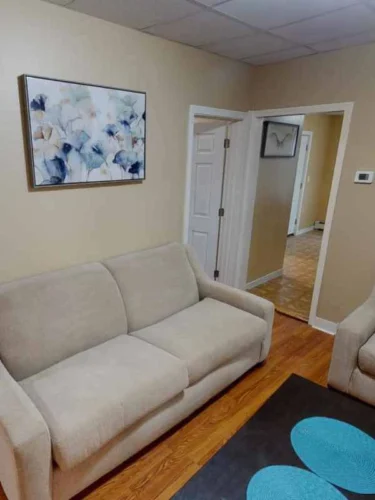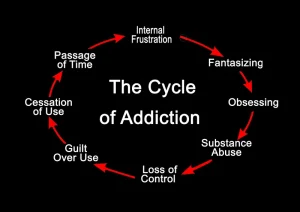
The information they provide will be the most accurate and relevant for your specific case and circumstances. Peripheral neuropathy can be a temporary concern, or it can be permanent. How long it lasts depends on what caused it, the extent of the damage — if any — that it caused, the treatments and more. Your peripheral nervous system carries motor signals, which are commands sent from your brain to your muscles. Your muscles need nerve connections to the brain to stay healthy and work properly.

Management of alcoholic neuropathy
Fatigue is a symptom that can happen with conditions that can cause peripheral neuropathy. It can also happen due to living with severe or long-term pain due to peripheral neuropathy, or because of autonomic problems from peripheral neuropathy. However, it isn’t a direct symptom of peripheral neuropathy itself. In general, peripheral neuropathy alcohol neuropathy isn’t likely to cause life-threatening complications or symptoms. However, there are a few conditions that fall under peripheral neuropathy that are severe and need immediate medical attention. Peripheral neuropathy is most likely to be permanent with chronic conditions like type 2 diabetes, autoimmune diseases and genetic conditions.
What is alcoholic neuropathy?
The possible side effects and complications of treatments for peripheral neuropathy depend on many factors. These include the specific cause of the neuropathy, other conditions you have, the specific treatments you receive and more. Your healthcare provider is the best person to tell you more about the possible side effects and complications you might experience. According to clinical reports, muscle weakness can have a serious long-term effect.

Understanding and treating alcoholic neuropathy
- Depending on how severe the nerve damage is, it can cause mild discomfort to severe disability.
- Outside AspenRidge, Jordan enjoys rock climbing, snowboarding, and playing volleyball and soccer.
- A person who drinks alcohol excessively may start to feel a tingling sensation in their limbs.
- This disease can have a massive impact on the peripheral and central nervous systems.
One of the most common adverse effects seen in patients with chronic alcohol use disorder is alcohol neuropathy. This commonly presents with pain, paresthesias, and ataxia in the distal lower extremities. The exact number of people affected by this condition is not known, but studies have shown that up to 66% of patients with chronic alcohol use disorder may have some form of the disease. The cause is multifactorial, from both nutritional deficiencies and alcohol metabolism’s direct toxic effects on neurons. Because of the diverse effects of alcohol on the body, these patients should be managed by an interprofessional team. The treatment rests on abstinence from alcohol and the replacement of key nutrients.
A wide range of support networks and medical treatments are available. A person who drinks alcohol excessively may start to feel a tingling sensation in their limbs. People should note that while “alcoholic neuropathy” is the current medical term, some healthcare professionals are beginning to use the term “alcohol-related neuropathy” to decrease stigma surrounding the condition. For people with diabetes, treatment includes blood sugar control, along with changes in diet and exercise to improve overall metabolic health, experts say. Anyone with neuropathy in their feet should see a podiatrist and establish a foot care routine to prevent injuries and infection, Feldman adds.
Stay on top of latest health news from Harvard Medical School.
- The hyperalgesia was acutely attenuated by intradermal injection of nonselective PKC or selective PKCε inhibitors injected at the site of nociceptive testing.
- The subgroup without thiamine deficiency, considered to be a pure form of alcoholic neuropathy, uniformly showed slowly progressive, sensory dominant symptoms.

